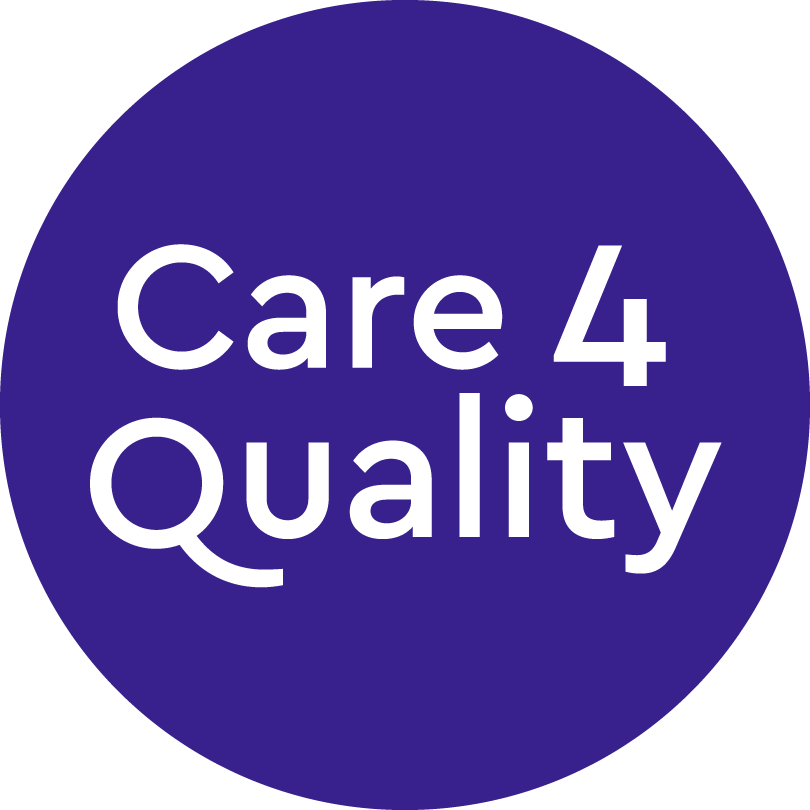The Care Quality Commission has now been the UK’s health and social care regulator for ten years. Throughout this time, its comprehensive assessment criteria has been responsible for guiding, achieving and maintaining standards for ambulance services, residential homes and many others across the healthcare sector in the form of a CQC inspection.
Perhaps their most urgent task, though, is the inspection of both NHS and private hospitals, since many service users will be undergoing health emergencies or acute episodes during their time there. The report a CQC inspection will generate is almost as important for the hospital as those it serves – since its findings will be the basis of a rating available to the public via the CQC website.
How hospitals are assessed
The basic criteria the CQC measure are the same for any service. These are known as the five Key Lines of Enquiry (or KLOEs): the safety of service users, effectiveness of outcomes, quality of care, responsiveness to user feedback, and competence of management.
CQC hospital inspections are usually unannounced. The Commission doesn’t want to see how the hospital works on its best days – but on a normal day.
Once onsite, the inspectors will meet with senior staff to explain the scope of the particular inspection. They will then seek evidence to assess standards along the five KLOEs mentioned above.
Evidence-gathering may include: speaking to service-users singly and/or in groups, following up existing comments or complaints, speaking to staff on duty, observing care and reviewing records.
The consequences of failing a CQC Inspection
Underperforming in a CQC inspection can have far more damaging effects than merely impacting a hospital’s reputation.
The CQC will first, in delivering its report on the current standard of care, issue a warning to the management. This will make it very clear what needs to change.
A failure to respond appropriately could then be followed by the hospital being placed in Special Measures. This will necessitate a commitment to a detailed action plan, and ongoing scrutiny that progress is being made along these lines from a specially-appointed Improvement Director.
In the most serious cases, penalties could escalate to cautions, fines and prosecutions – when patients are believed to have been placed in danger of harm.
Hospitals who feel they’d benefit from extra help sometimes choose to seek specialised help from organisations like Care 4 Quality.. This can include training to prepare management and frontline staff, or even – if an inspection has already returned disappointing results – legal advice to guide them back to compliance.
Get in touch with us to find out more about how our mock CQC inspection service can help you.
